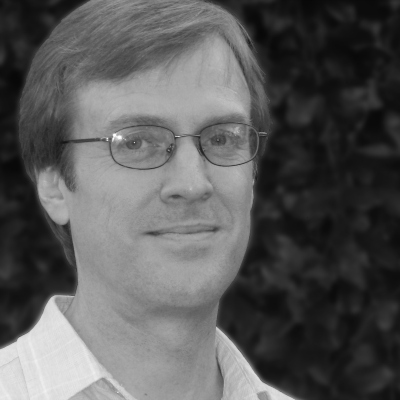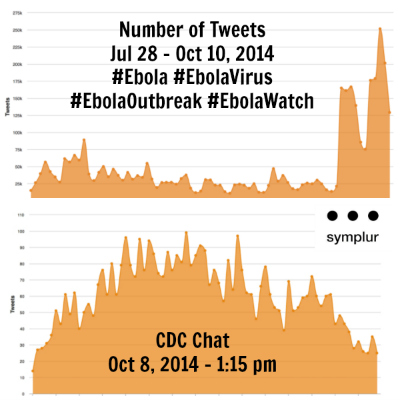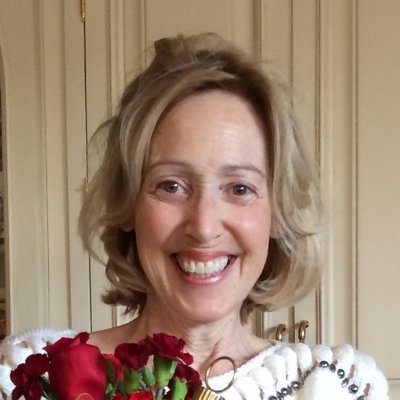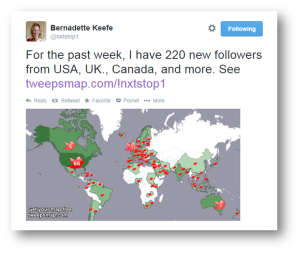One of healthcare’s strongest communications advocates is Meredith Gould. Author, instigator, and inspiration, she calls ‘em like she sees ‘em. As a member of the team at the Mayo Clinic Social Media Network, Meredith is a thought leader in using social media and communications to build communities, share ideas and push the envelope in online discussions. While well known in the healthcare community, Meredith also has a deep sociological appreciation for the individual’s personal search for spiritual truth and has authored 10 books on digital communications and spiritually.
In “Desperately Seeking Spirituality”, sacred spelunker and sociologist Meredith Gould combines practical wisdom with lived experience to explain why and when traditional practices don’t work for today’s seeker and then how to choose ones that will. In short, easy-to-read chapters and with characteristic wit, Gould provides counsel for reframing perception to discover the sacred in everyday life. This guide is for self-identified seekers who have tried some, many, or even all the classic spiritual practices and then given up on them when they stop working.
In “Desperately Seeking Spirituality”, Gould invites readers to embrace a broader definition of practice that shifts focus from doing to being. Meredith Gould, PhD, is a sociologist with well over a decade of hands-on experience with communications at all levels of church across denominations. She’s the author of nine books about faith and everyday life. Dr. Gould is the founder and lead moderator of the weekly ecumenical Twitter-based chat about church social media (#chsocm), founder and co-moderator of the monthly Health & Spirituality chat (#hlthsp), Platinum Fellow of the Mayo Clinic Social Media Network, and nationally known for her passionate advocacy of using online tools for ministry and to encourage practical spirituality.
Join me for the first part of a two-part conversation with Meredith Gould as we discuss her new book “Desperately Seeking Spirituality” as well as social media, healthcare, and religion on Get Social Health. Follow the conversation or jump in at the time stamps below.
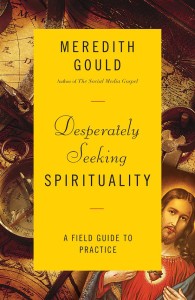 00:00 Introduction
00:00 Introduction
00:49 Meet Meredith Gould
03:30 “How do you get away with talking about your faith?”
05:17 Proselytizing in Twitter
08:00 Sociologist’s perspective
10:01 Religion is a social institution
12:45 “Don’t get mad, get published”
13:06 “The Social Media Gospel”
14:30 What is Spirituality?
16:46 Religion can be really hard
18:56 “Doing” versus “Being”
20:15 Happy, upbeat words
22:28 Generosity and Curiosity
24:10 The right book at the right time
27:06 Social Media Tip: Dr. Bryan Vartabedian: Find a role model
26:07 A look-ahead.
You can find Meredith Gould in…
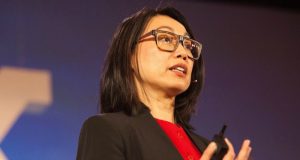 03:57 Patient comprehension of said access
03:57 Patient comprehension of said access
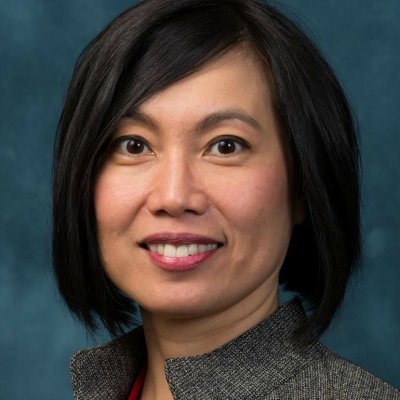
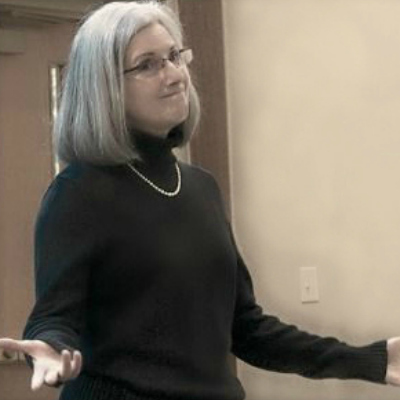
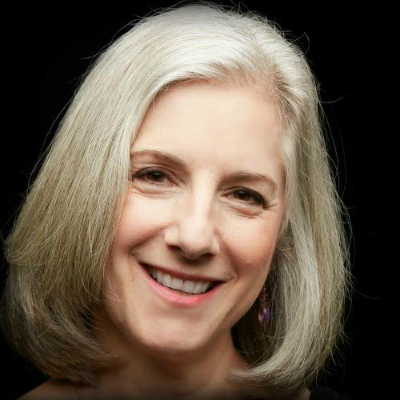
 00:00 Introduction
00:00 Introduction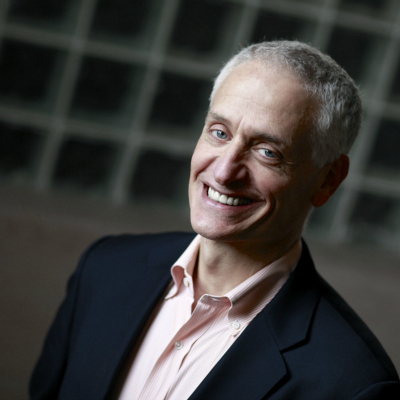
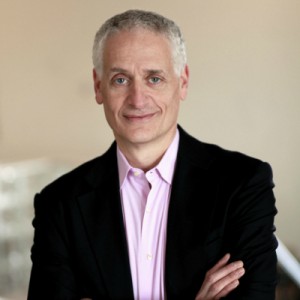 03:57 Medical Journals
03:57 Medical Journals